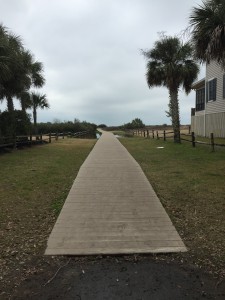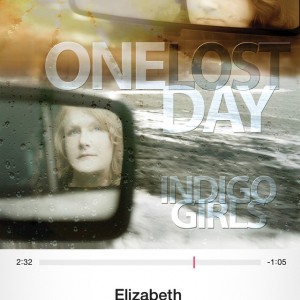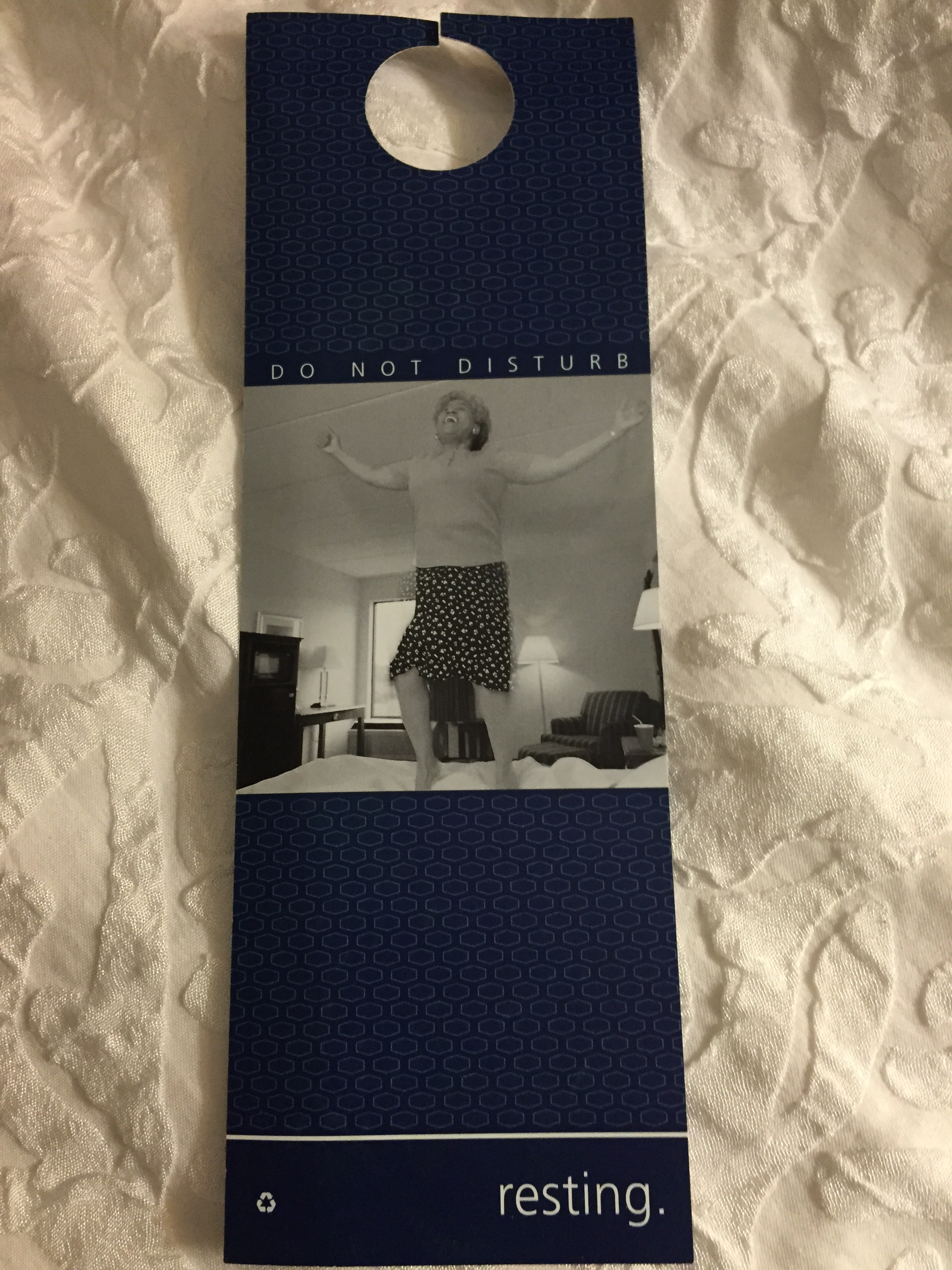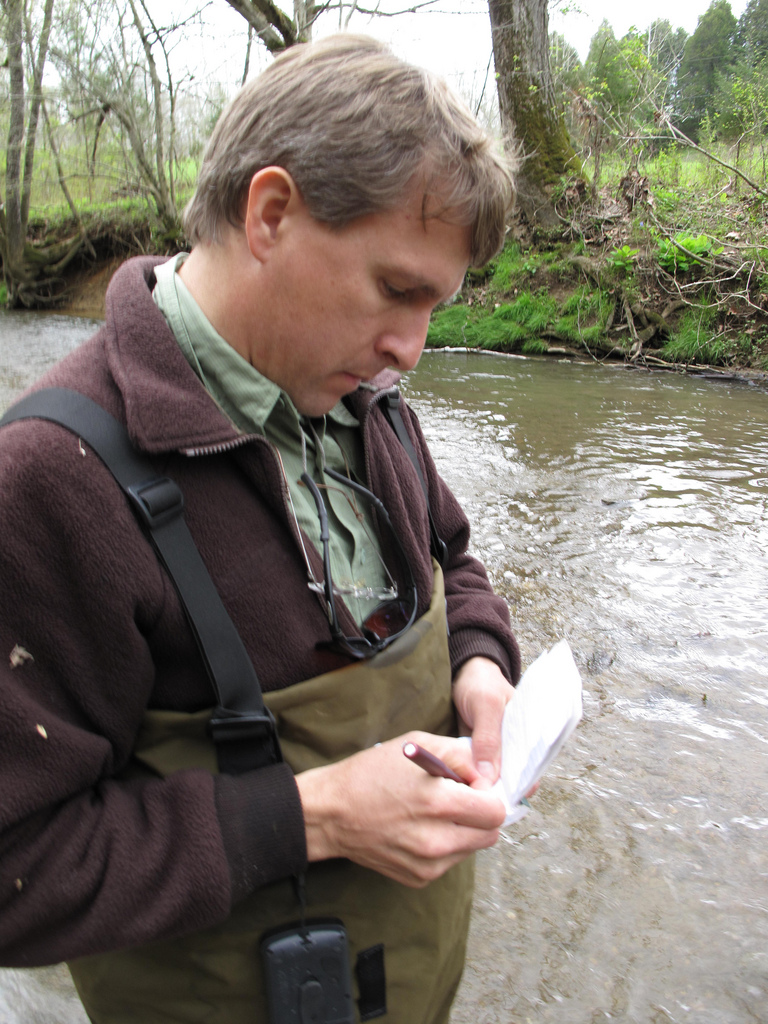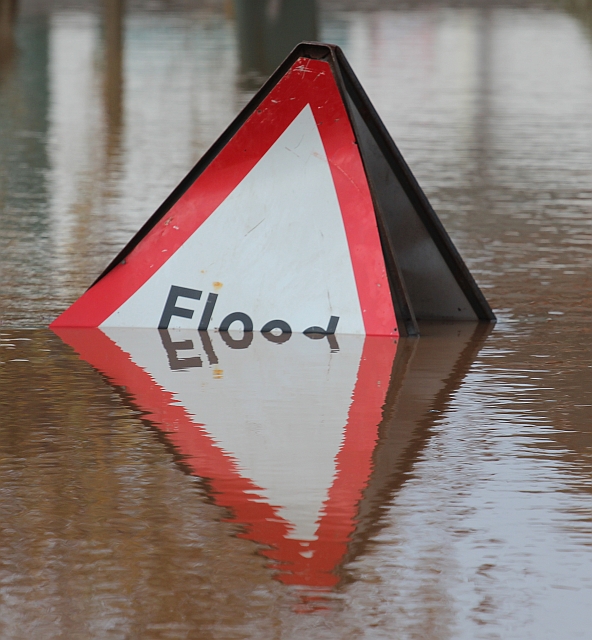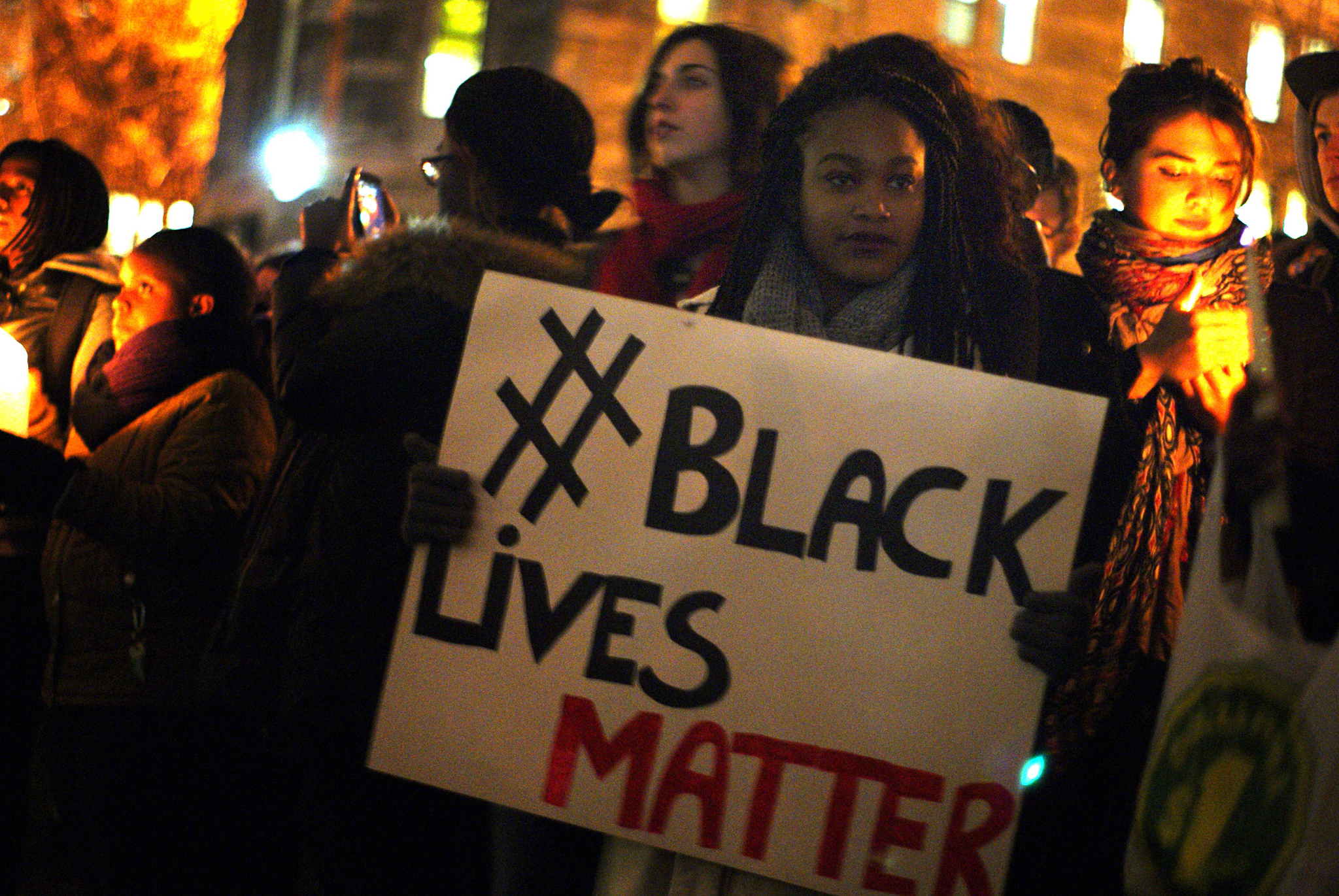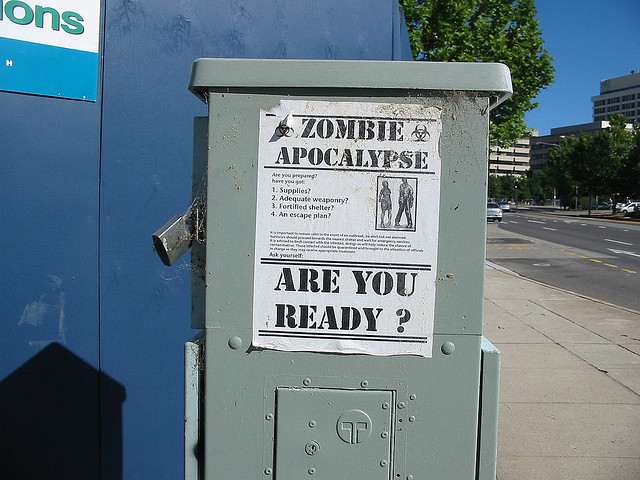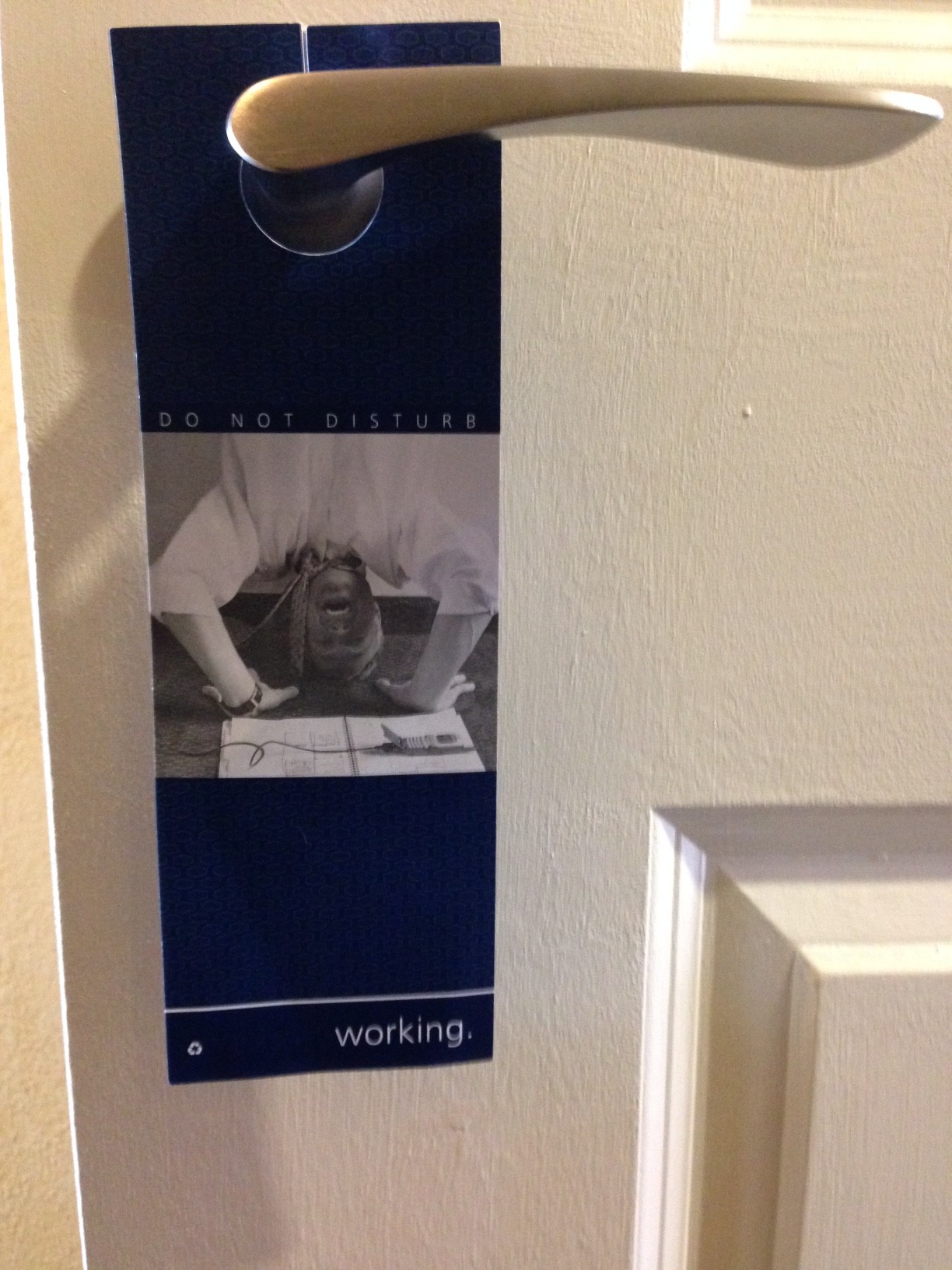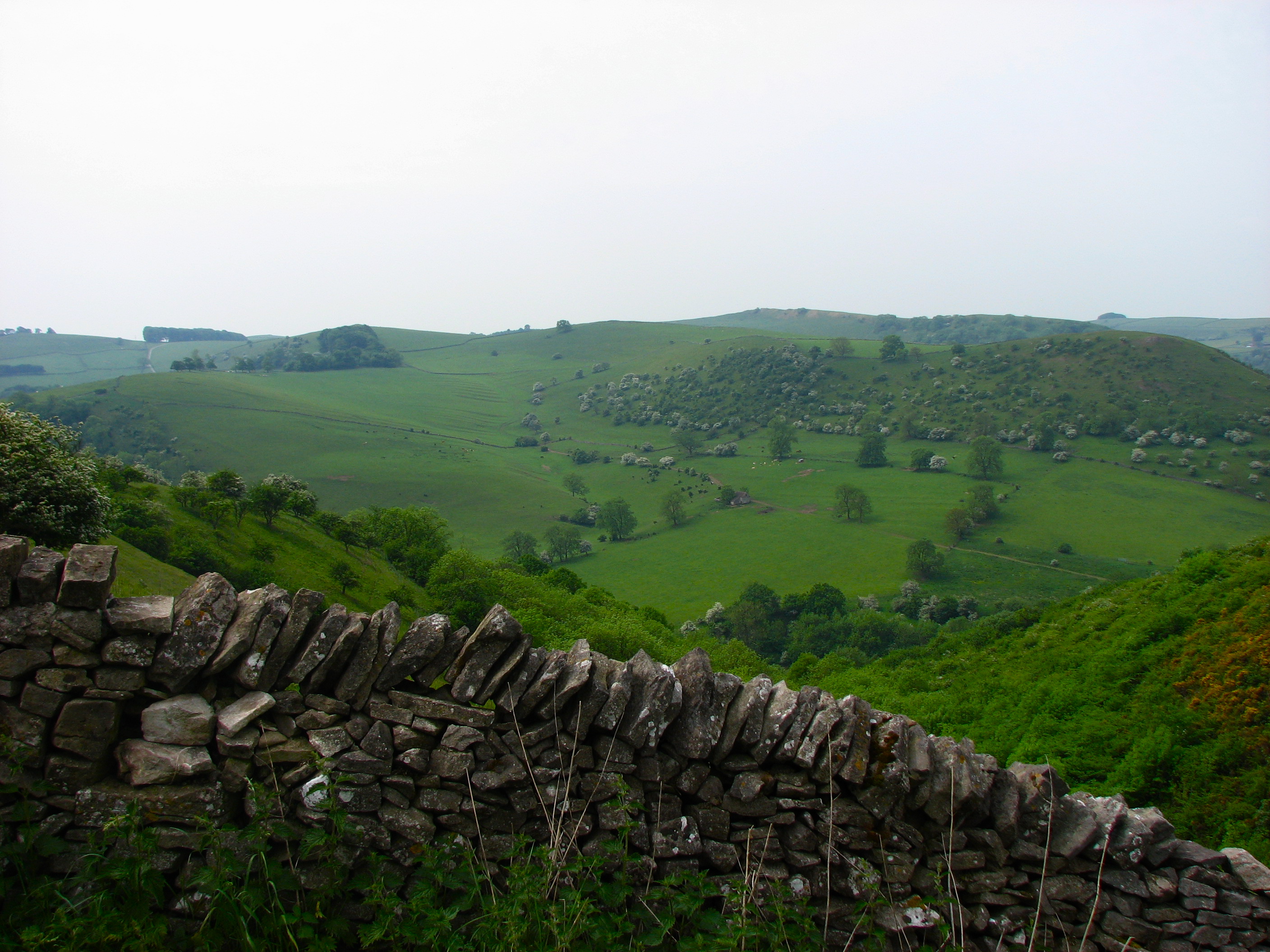 I spent most of last week on retreat with my writing group, half of whom are nursing mothers with babies in tow. When I made it home late yesterday, my husband and I went straight to the computer to watch President Obama’s eulogy for Rev. Clementa Pinckney. Perhaps if I hadn’t just been witness to a week of breastfeeding, I would have heard it differently, but I hung up on his repeated phrase “we express God’s grace.”
I spent most of last week on retreat with my writing group, half of whom are nursing mothers with babies in tow. When I made it home late yesterday, my husband and I went straight to the computer to watch President Obama’s eulogy for Rev. Clementa Pinckney. Perhaps if I hadn’t just been witness to a week of breastfeeding, I would have heard it differently, but I hung up on his repeated phrase “we express God’s grace.”
He couldn’t have done a better job speaking Methodist, with his sustained emphasis on the undeserved, unearned, unmerited grace of God we all receive. (And I was proud to see the United Methodist Church sitting in solidarity with our AME sisters and brothers, represented by South Carolina Bishop L. Jonathan Holston on the front row on stage – yes, geeks like me can spot the cross and flame logo and the bishops’ insignia on a stole in the background of a video shot.) As President Obama spoke, circling back around to God’s grace in our lives, I heard something I haven’t before.
I usually think of God’s grace flowing – gushing – continually into the world and into each of our lives. Sometimes we notice, sometimes we don’t. Either way, it’s always there and we can actively participate in it or resist it or halfway notice it, or not. What I never thought about before hearing the President preach-speak is how we might be able to participate more directly and persuasively than I’ve considered in the past. We might be able to squeeze out another ounce of grace when it seems to be running dry, like a mother pumping breast milk for her newborn.
When President Obama first used the phrase, he said, “by taking down [the Confederate] flag we express God’s grace. But I don’t think God wants us to stop there.” I heard “we express God’s grace” as We are exhibiting God’s grace, demonstrating its existence and power. Which surely we are….But as he repeated it I heard it differently. A little later he said, “The vast majority of Americans – the majority of gun owners – want to do something about [the epidemic of gun violence]. We see that now. And I’m convinced that by acknowledging the pain and loss of others, even as we respect the traditions and ways of life that make up this beloved country, by making the moral choice to change, we express God’s grace.”
As he repeated, “we express God’s grace,” I began to hear the verb “express” differently. I started to think about breastfeeding and how the milk doesn’t just gush on its own, especially when a mother is trying to express (literally, press out) milk into a bottle for her child to drink some other time. A breastfeeding mother who expresses milk needs to spend time and give attention to getting her milk from breast to bottle. She has to push, pull, suck, and squeeze to help it flow from her to where it’s needed. From what I understand, sometimes even with a breast pump, a mother has to wait through several minutes of sucking-pumping for the milk to start flowing.
What if, in some times, places, and circumstances, God’s grace is like this? What if it’s not just gushing all the time like an open fire hydrant? What if it’s ready to do that but needs some active participation from us?
I am not saying God is completely stymied without the likes of us. That open fire hydrant of gushing grace is an image that still works for me. But I have known places and people where, even though I witnessed God’s gushing grace drenching us all from head to toe, someone in the crowd didn’t seem wet or sensible to their drenched state. Surely God’s grace was flooding that Wednesday night Bible study last week when a group of the faithful welcomed a stranger and invited him in. Obviously the grace of God flowed through the families of those who were killed, as they offered forgiveness in the midst of their deep pain and loss. But it’s not obvious to everyone.
There are times and places and people who seem to need more than the ocean we’re already swimming in. Those times and places and people need us, to point to and live out and express every last drop of God’s grace – not just to witness to it and live gracefully and graciously, but to squeeze, prod, suck, and push until every single drop of grace lets down into the situation at hand. Like mothers who want to be sure every ounce of precious milk gets to their hungry helpless babies, God enlists us to help express grace into the world and the lives around us so it gets to every hungry helpless child of God. We are the holy breast pumps of grace. It’s not a sexy job and not as beautiful as the babe at the breast, but it still gets the milk to the sucking puckered mouth. It gets the job done. And sometimes, when the baby’s sleeping or not hungry right then or the mother needs to be somewhere else at feeding time, expressing milk is the difference between feeding and not feeding, between flow and drying up.
I love to hear Barack Obama sing and his rendition of “Amazing Grace” was stirring and soulful, but to my ears, what he said about grace was even better. We are witnesses but we are also tools to help get the job done, the breast pumps expressing (pressing out into the world) the grace of God. We are expressing God’s grace when we answer hate with love and forgiveness, when we recognize how the past is killing the future, when a group of United Methodists in Virginia votes for a new way forward, when we choose to care for everyone’s health and safety as a basic human need and right, when we recognize love looks just the same on everyone and rejoice in everyone’s right to marry…
For a breast-feeding mother, every day brings a hungry baby, so even though this week has been extraordinary, every week brings opportunities to express what God gives. Keep it up. Keep pressing out every bit of grace you know, into a world in desperate need of knowing it, too. Keep pumping.
*
photo credit: By Beukbeuk (Own work) [Public domain], via Wikimedia Commons

